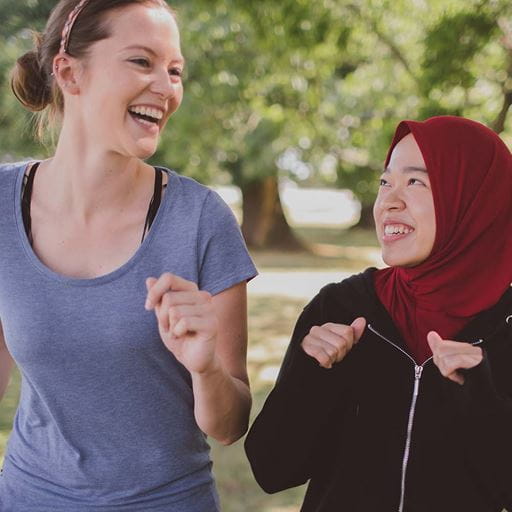Democracy in Action

Sharing our story
Democracy in Action is an award-winning module on community organising, offered to students in their final year at University.
A product of an exciting collaboration between the University of Essex and Citizens UK, Democracy in Action makes a difference to both the university community and the external community within which the University resides.
Not only does this project enrich the teaching and student experience at the University of Essex, it also impacts on the wider community through engagement in community organizing and research, providing tangible benefits for the local community.
The module received a collaborative Excellence in Education award from the university in 2021.
How the program works
Democracy in Action (BE947) allows third year students to do their final year project in an innovative and interdisciplinary way.
The module gives students the opportunity to better understand the local community, the issues it faces and how to address them. Students learn to build power and negotiate with local government on issues of local concern such as hate crime, transport, mental health, and housing.
By placing the community organizing at the centre of the student experience, this module aims to bring theory closer to practice.
Through the five-step training of Citizens UK (1. Organise 2. Listen 3. Plan 4. Act 5. Negotiate) the students learn the basics of community building and organising, then get to put this into practice.
Students learn how to identify relevant stakeholders and decision-makers and negotiate with local government and organizations on issues of local concern such as hate crime, transport, street lighting, living wage, mental health and housing, and more besides, discovered through ‘listening’ exercises.
Students work with their peers, members of local organizations, academic staff at the University, and professional staff from Citizens UK to build alliances, create common cause on important issues, and help devise strategies to tackle them. Through training and practical experience, students will build their confidence, and develop skills associated with project management, team-work, communication and creativity, which will help open up future career and citizenship pathways.
The module speaks directly to the University’s commitment to transformational education, community engagement, employability, and citizenship.
Are you frustrated by the world?
Spend your final year doing something that matters: take the Democracy in Action module. You'll campaign with students and the wider community for social justice, and previous students have made real-life changes to refugees, violence against women, and the environment. If you're in your second year, apply by sending the team an informal 200–300 words on why you would like to take part.


